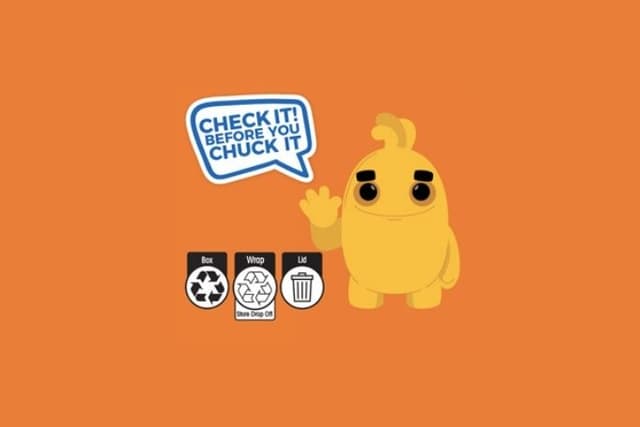
National Recycling Week - Recycling Labels Memory Game
Lesson2 of 5 in this unit
PrimaryYear 1 - 2ScienceHealth and Physical EducationHealthTechnologyEnvironmentalRecyclingSustainability
Summary
Lesson Guides and Printables
Lesson Plan

Teacher Content Info
